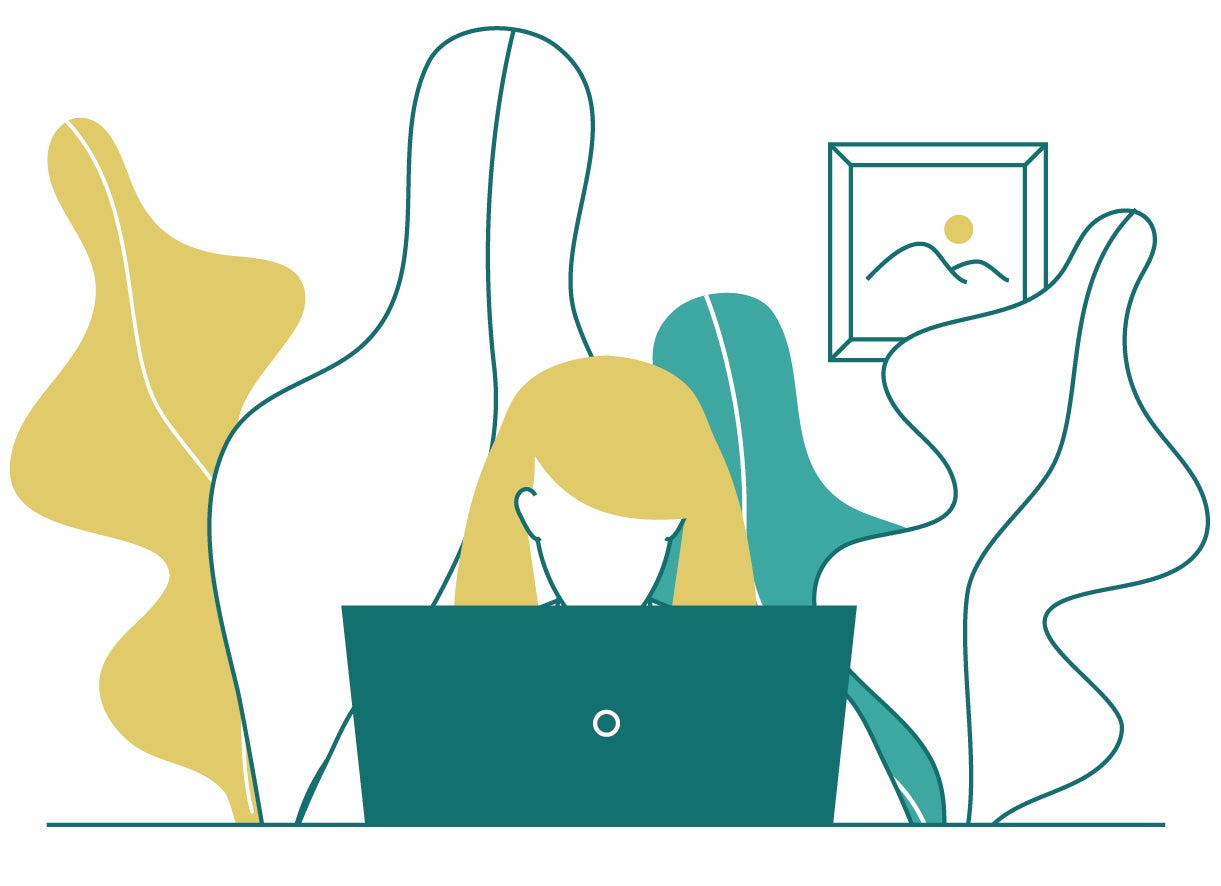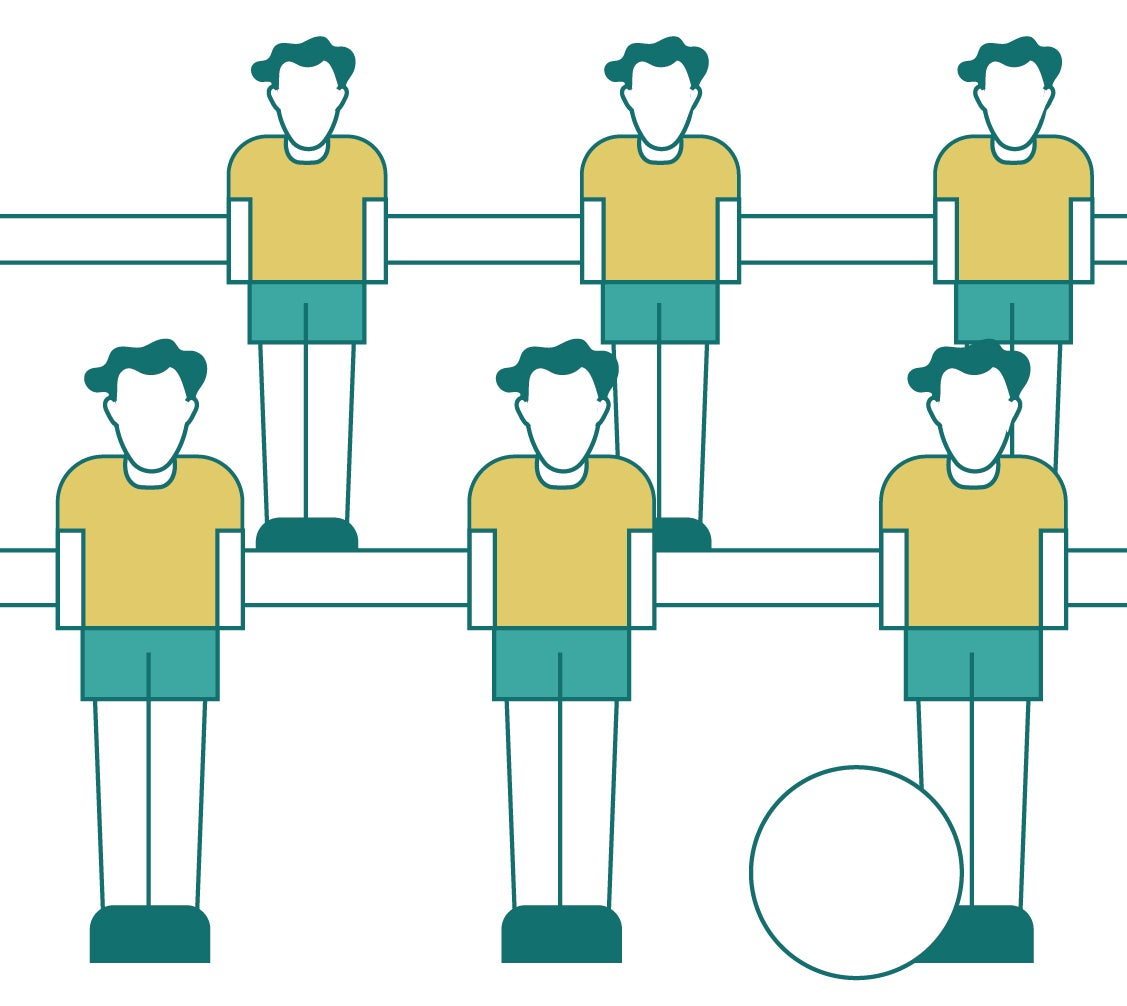Modern offices should have spaces to support the five ‘work modes’, says Zoe Humphries, a senior workplace consultant at Steelcase. Here are the top five zones every office needs, according to the experts.

Social zone
Eat, drink, and be merry is the message from Enrico Sanna, chief executive officer of workspace architects Fora.
“Work is not just work. It’s a large part of our lives: we’re social creatures and to be happy we need opportunities to build and maintain social relationships at work,” he says. “The right kind of space needs to support that by providing areas to eat, drink, have fun, as well as areas for entertaining clients.”
Eugen Miropolski, managing director of WeWork in Europe and the Pacific, agrees. “An office kitchen or canteen is a hub for people coming together to communicate with one another.”

Meetings zone
“Whether it is due to the nature of a client account, or to hold a sensitive conversation at work, ensuring the office has a private zone – whether access to a meeting room or your own private office – is crucial, especially with the rise of the open-plan office,” says Mr Miropolski.
Neil McLocklin, head of strategic consulting EMEA at Knight Frank, reckons it’s vital to have a specific meeting area to ‘big up’ employees and teams.
“A ‘town hall’ zone gives you the ability to bring together a whole organisation, or at least large cross-functional teams, to celebrate successes – both professional and personal – or just for an end-of-the-week pizza,” he says.

Collaboration zone
Every organisation should focus on innovating, and providing the space and opportunity for this is essential. Teamwork is a huge element of a successful business, so why not have an area to encourage cross-pollination and spitball concepts?
“Modern work demands us to work together, so a collaboration zone is essential. This area could be couches for social collaboration or a common meeting room,” says Margie Dimech, an employee engagement consultant at London-based creative consultancy Radley Yeldar.
Rob Hingston, head of Origin Workspace, concurs: “A lounge or communal area is excellent for brainstorming ideas, as well as allowing colleagues to catch up.”

Wellness zone
“People are the most valuable asset in any organisation, therefore investing in wellness and a health strategy is vital both ethically but also financially,” states Joe Gaunt, founder and chief executive of Hero, a digital wellness company. He believes a specific area for yoga and other relaxing activities will ultimately boost the bottom line, with healthy, happy and highly engaged employees an average of up to 30 days more productive per annum.

Sports zone
Pierre David, UK human resources leader at sports-equipment retail giant Decathlon, believes introducing a table tennis table or a darts board will work wonders in an office. Not only does it generate healthy competition and socialising, it can also spark innovation.
“Many of our office spaces come with purpose-built sports facilities that serve both our team members and the local community, and they encourage social connections,” he says, adding that his company’s new London office has a rooftop multi-sport pitch and areas to practise activities like yoga. Such play zones – or ‘sports zones’ – are important for the health and wellbeing of the workforce, Mr David says, as well as contributing to the social atmosphere in the office.

Social zone




